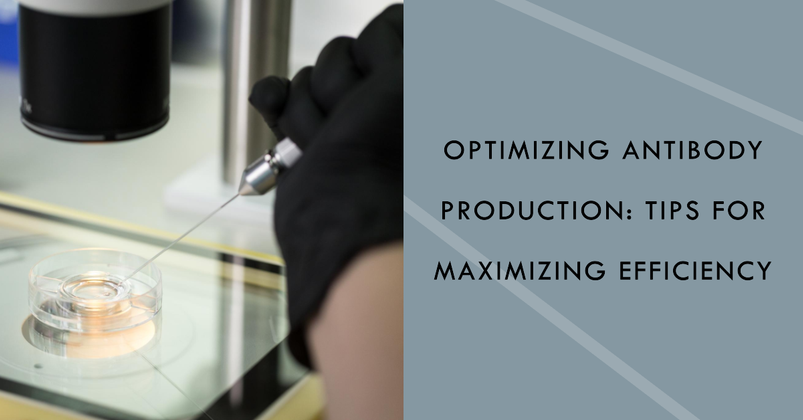Optimizing Antibody Production: Tips For Maximizing Efficiency
Dec 18th 2023
Antibodies are incredible, shapeshifting disease-fighters, bursting into action whenever your body needs defense. These Y-shaped proteins, produced by B cells of the immune system, can target nearly any harmful invader with pinpoint precision.
But antibodies do more than just provide immunity - they are the utmost elements of the biotechnology world. From biosensors to imaging tracers, antibodies power diagnostics, unlock treatments for autoimmune disorders, and have even been investigated for their cancer-fighting potential.
Demand for antibodies grows relentlessly as research expands and treatments advance. Even tiny gains in production efficiency confer great advantages.
Continue reading this blog to review key tips for nurturing vigorous antibody output and maximizing your flexible friends’ full protective potential.
1. Choosing the Right Expression System
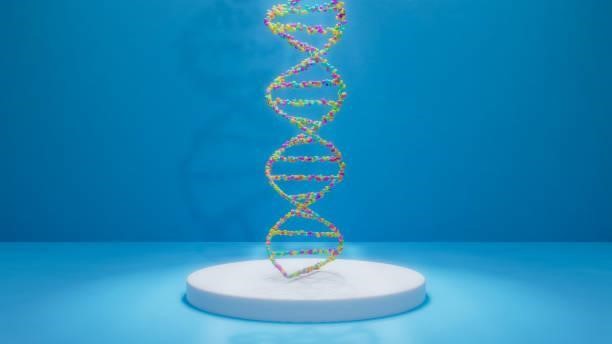
Selecting the appropriate method is essential for antibody production optimization. The choices—mammal, bacteria, yeast, and plant-derived—offer distinct advantages. Mammals, renowned for producing antibodies that fold accurately and undergo modifications post-production, are indispensable for medical purposes. These modifications are pivotal for the efficacy of antibodies in targeted treatments.
At the same time, bacterial setups like E. coli offer a cheaper choice but might struggle with intricate proteins. Balancing affordability with the system's ability to manage complex proteins becomes crucial when deciding. This evaluation is critical to maximizing antibody production efficiency and enhancing antibody-making.
When planning to improve antibody manufacturing, assessing your project's particular needs and complexities is crucial. This involves carefully studying the type of antibody, later-stage procedures, how easily it can grow, and especially, its planned medical use.
To reach the objective of increasing antibody yields, explore different strategies for efficient antibody production. Also, tweaking the mix of nutrients in the growth environment designed for antibody yield improvementcan significantly affect how much is produced.
Achieving the best practices inantibody manufacturing involves blending exact methods and skills. From fine-tuning what's in the growth mix to scaling up antibody production in bioreactors, every part of the process needs careful attention. This complete method covers antibody purification optimization and always looks for new ways to improve the whole process.
Scaling up antibody production needs a close look at many things. It means making bioreactors work better and improving steps before and after. The goal is always to get lots of good antibodies while keeping costs down and meeting strict quality rules.
2. Optimizing Cell Culture Conditions
Improving cell culture conditions is vital to enhancing antibody manufacturing. Factors like pH, temperature, nutrients, and oxygen levels significantly impact cell growth. Precisely adjusting these aspects is crucial for maintaining healthy cells and increasing antibody production.
The ever-changing cell setups require careful handling. Consistent tracking and tweaking of these vital factors act as guiding rules in the optimization of antibody production. Using live tracking tools guarantees quick reactions to changes, enabling fast fixes and upkeep of an ideal setting for ongoing antibody creation.
The selection of growth substances is crucial in optimizing culture media for antibody production. Serum-free or chemically specified substances offer substantial benefits by reducing differences and improving consistency, especially in extensive production setups. Removing outside influences that cause differences ensures a controlled and steady setting, making antibodies more foreseeable and dependable.
Also, carefully choosing growth conditions in antibody production goes beyond just making things better. It's a combined attempt to keep cells alive and encourage strong growth and consistent productivity throughout production. This detailed method is vital for increasing antibody yield improvement and maintaining top-notch quality in the long run.
3. Genetic Engineering for Enhanced Expression
Genetic engineering approaches offer powerful techniques to enhance antibody yields by optimizing the cellular protein production machinery. Methods like codon optimization, gene amplification, promoter engineering, and fusion partners can dramatically increase expression over native sequences.
Codon optimization, altering gene sequences to utilize the most abundant tRNA species, has become a mainstream approach for boosting heterologous protein translation. Studies have shown 2-to-3-fold increases in antibody production for codon-optimized versus native sequences.
Likewise, amplifying plasmid copy numbers or integrating multiple gene copies can proportionally increase output. One group increased IgG yields 6-fold by integrating 4 expression cassette copies into a CHO cell line.
Promoter engineering provides another avenue for driving higher transcriptional activity. Synthetic promoters fused to trans-activator systems increased monoclonal antibody production up to 7-fold in recent evaluations.
Finally, fusion partners like solubility tags and affinity handles enable simplified antibody isolation and purification, minimizing costly losses. In one case, a Z tag fused mAb was purified in a single step, enhancing final recovery.
Advanced tools like codon optimization now combine with high-throughput cloning and screening to create specialized, ultra-high-producing cell lines. Overall, genetic manipulation pushes the boundaries of expression capacity while streamlining biomanufacturing - enabling new benchmarks in antibody production speed, scale, and efficiency.
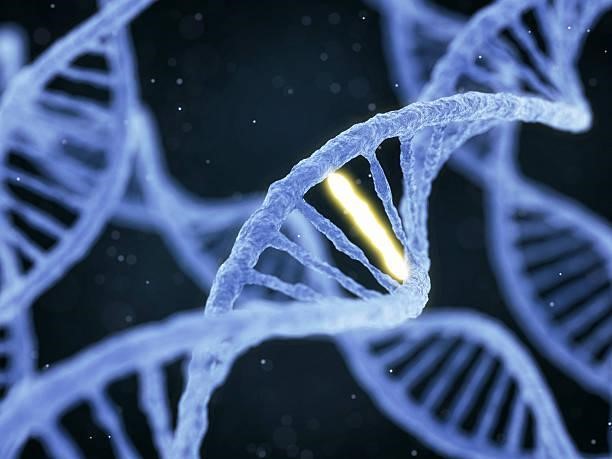
4. Clone Selection and Screening
Picking and examining clones is a crucial stage in the complex path of perfecting antibody creation. The careful recognition and separation of top-producing clones are vital to maximize antibody production and guarantee the effectiveness of the entire Protein Expression Service.
Using advanced fast screening methods is critical in this choosing process. Methods like fluorescence cell sorting or using reporter genes are crucial tools in quickly finding and separating clones that show better growth and produce more antibodies.
Fluorescent cell sorting systems quickly isolate individual cells using predetermined glowing markers, making it easier to find cells with wanted traits for making antibodies. Likewise, using indicator genes—genes that make easily seen proteins or chemicals—speeds up finding clones that produce a lot by connecting these genes to the antibody productionprocess.
This careful check speeds up picking the best clones and helps perfect custom antibody creation. Using such progress in the sequencing process, researchers can simplify picking the best clones designed for specific research or treatment goals.
The merging of intense clone picking and checking methods emphasizes dedication to accuracy and effectiveness in antibody production. This careful method not only speeds up making top-notch antibodies but also boosts the abilities of antibody-making services by finding and separating clones that show improved capabilities to produce antibodies.
5. Process Optimization
High-level improvement methods such as fed-batch or perfusion setups can significantly increase antibody amounts in different areas, including Recombinant Protein Production. These plans include carefully adding nutrients or constantly changing the substance, allowing cells to grow, and making antibodies for antibody deals.
By combining these modern methods in Antibody Production Services, firms can see significant improvements in results, fulfilling the needs of Antibody Sequencing Services and Custom Peptide Synthesis.
Using these improved methods also helps Protein Expression and Purification Services, enabling better effectiveness and reliability in Recombinant Antibody Services and Antibody Analysis Businesses. These polished methods can improve accuracy and scalability using gene creation and peptide-making services.
6. Downstream Processing
Practical post-production steps are vital in separating and refining antibodies, especially in the Recombinant Antibody Service. Using robust cleaning methods like separation, filtering, and spinning simplifies the break and dramatically affects the excellence and cleanliness of the last antibody items. These improvements are significant for Custom Gene Synthesis needs.
Ongoing progress in cleaning methods has changed the field, leading to more production and better cleanliness of final antibody goods, which is crucial for sectors like Elisa test kits. Improving the final steps guarantees accuracy in gene synthesis services by providing clean, top-quality genetic material for different uses.
In Recombinant Antibody Service and Antibody Analysis Businesses, using advanced cleaning methods ensures more production and keeps antibodies' honesty and uniqueness, meeting the strict rules set by these fields. This post-production step is essential to ensure the dependability and effectiveness of items used in various jobs.
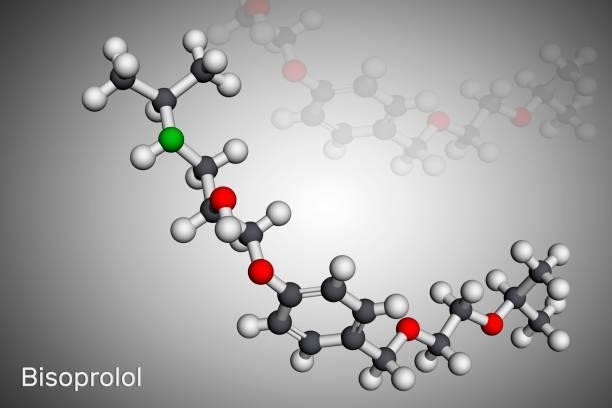
7. Quality Control and Analytics
Securing excellent Quality Checks (QC) and using robust analysis across antibody-making is vital for assuring greatness in the final product.
Methods like ELISA, Western blotting, and mass analysis are vital to checking antibody-making. These ways confirm the uniqueness and usefulness of antibodies and secure consistency and quality in peptide-making businesses and other sectors. They act as dependable tools to verify the correctness of made antibodies, meeting strict rules in specific areas like Peptide Creation Costs where accuracy and dependability are crucial.
Constant watching of essential factors like cell health, concentration, and sugar patterns is vital. These analyses give clues about the well-being and effectiveness of the making process in Peptide Businesses and related areas, enabling timely changes and improvements. For example, knowing and handling sugar patterns are critical as they can significantly affect how well antibodies work in different uses.
These analysis techniques offer more than incremental improvements to existing manufacturing processes for peptides and related products. When employed skillfully, the insights gained allow companies to optimize current production methods and explore creative new directions that may substantially augment capabilities over time. The scrutinizing lens applied during a comprehensive analytical review reveals previously unnoticed bottlenecks while also illustrating upstream opportunities for innovation.
With a keen understanding of performance drivers distilled from properly processed data analytics, organizations can implement elegant systems enhancements that bolster quality, volume, and cost-efficiency. In this way, the true power of analysis is unleashed not through myopic focus on present issues but rather through illuminating the possibilities to elevate performance to new heights.
Using strict quality checks and analysis isn'tjust about following rules; it's about giving steady, dependable, and top-notch goods. In fields like peptide-making businesses, where exactness and correctness are crucial, these ways are solid guarantees, making sure each item fits the needed details and performance standards.
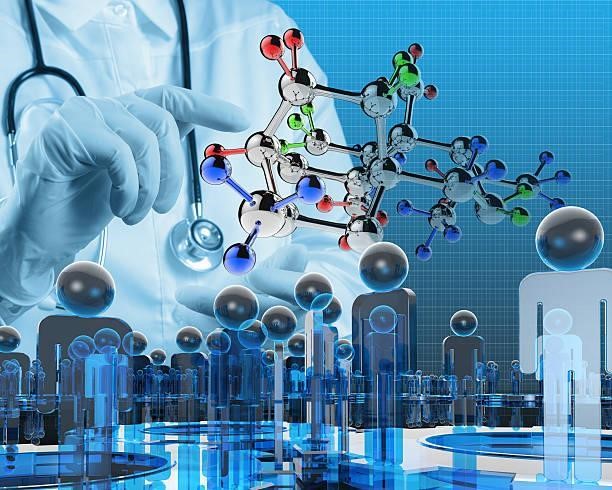
8. Automation and Technological Innovations
Using automation and combining modern technologies is key moves in changing how well and widely antibodies are made in different businesses. In areas where accuracy and quickness matter most, like creating Bioreactors and Automating Bioprocesses, using robots, fast screening setups, and advanced bioreactors gives unmatched benefits.
Adding robots to factories making Bioreactors and related fields dramatically reduces human mistakes while speeding up tasks. Robots do jobs very accurately and consistently, ensuring more exact antibody production. This improves trust in the end item and lowers the chance of expensive and time-consuming mistakes.
Fast screening setups are priceless for quickly checking lots of information and samples, letting quick tests and checks in areas like Automating Bioprocesses. These setups help find the best production conditions fast, speeding up the perfecting process and hurrying the making of good antibody workflows.
Also, adding high-level bioreactors to making bioreactors raises effectiveness to new heights. With advanced detectors and control systems, these tanks allow exact watching and changes of crucial factors, improving cell growth and getting more antibodies. This tech step doesn't just boost production but also guarantees steady and good-quality final antibody items.
The combined effect of these tech advances doesn't just streamline processes. They significantly affect the increase in making things in areas like Automating Bioprocesses by speeding up antibody-making schedules. Less manual work and better accuracy and quickness cut the time needed to sell products, fulfilling the needs of fast-changing industries.
Also, adding automatic systems and tech changes isn't just suitable for prominent manufacturing places and gives smaller groups chances to make bioreactors and similar areas. These changes, usually flexible and changeable, allow tinier firms to compete on a fairer stage, letting them improve how much they make and sell good stuff at reasonable prices.
To sum up, using automatic systems, robots, fast screening setups, and modern bioreactors is a significant change in fields like Automating Bioprocesses and Making Bioreactors.
Conclusion
Making antibodies better involves many things: improving cell growth, changing genes, refining steps, robust analysis, and following rules. Using these ideas and new tech, researchers and biotech experts can work better, meeting the growing need for suitable antibodies in research, testing, and treatments.
Making antibodies efficiently is crucial in today's biotech and medicine industry. In addition, using these plans, scientists and researchers can set up more straightforward and expandable ways to meet the increasing need for biological substances.

